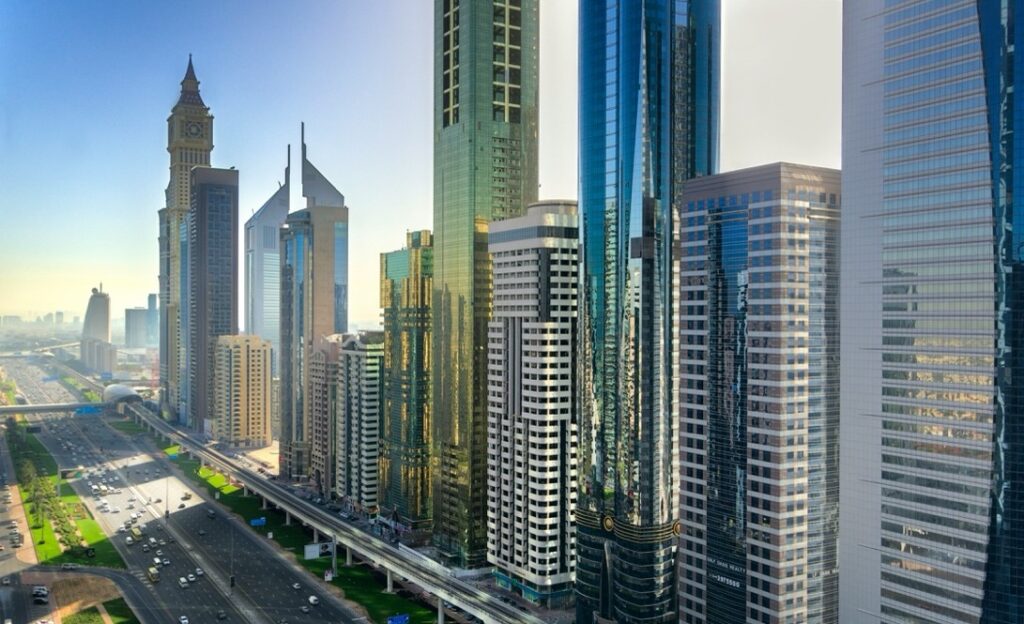Abu Dhabi National Oil Company (ADNOC) has announced plans to boost its carbon capture capacity by 500% by 2030. The company, which is the largest oil producer in the UAE, said the move is part of its commitment to reduce its carbon emissions.
ADNOC currently has a carbon capture capacity of 800,000 tonnes per year. The new projects will increase this capacity to 2.3 million tonnes per year. The company said the projects will be located at its gas plants in the UAE.
Carbon capture and storage (CCS) is a technology that captures carbon dioxide from industrial emissions and stores it underground. It is considered to be one of the most promising technologies for reducing greenhouse gas emissions.
ADNOC‘s decision to boost its carbon capture capacity is a significant step forward in the company’s decarbonization efforts. The company has set a target of net-zero carbon emissions by 2050.
The new projects will be funded by ADNOC’s $15 billion decarbonization investment program. The program was announced in January 2023.
أكثر من 100 ألف زائر يومياً في محطات الوقود وعدد المستفيدين من حملة خمسة لسلامتك بمحطات الوقود في تزايد . وعيكم والتزامكم هو من يجعل الحملة تستمر pic.twitter.com/8VU0gnGNSO
— ADNOC Distribution (@ADNOCdist) September 1, 2023
In addition to carbon capture, ADNOC is also investing in other decarbonization technologies, such as renewable energy and energy efficiency. The company is also working to reduce methane emissions from its operations.
ADNOC’s commitment to decarbonization is in line with the UAE’s own climate goals. The UAE has pledged to achieve net-zero emissions by 2050.
The UAE’s decarbonization efforts are being closely watched by other oil-producing countries. The UAE is seen as a leader in the oil and gas industry, and its decarbonization efforts could pave the way for other countries to follow suit.
The benefits of carbon capture according to ADNOC
Carbon capture has a number of benefits, including:
- It can help to reduce greenhouse gas emissions, which contribute to climate change.
- It can help to improve air quality.
- It can create jobs in the clean energy sector.
- It can help to make oil and gas production more sustainable.
The challenges of carbon capture in the UAE
Carbon capture is a relatively new technology, and it is still expensive. However, the cost of carbon capture is expected to come down as the technology matures.
Another challenge of carbon capture is the need to find suitable storage sites for the captured carbon dioxide. The carbon dioxide can be stored underground, in depleted oil and gas reservoirs, or in saline aquifers.
The future of carbon capture is bright thanks to the efforts of the UAE
Carbon capture is a promising technology with the potential to make a significant contribution to climate change mitigation. However, the technology is still in its early stages, and there are a number of challenges that need to be addressed.
Despite the challenges, the future of carbon capture looks bright. The technology is gaining increasing support from governments and businesses around the world. As the cost of carbon capture comes down and the technology matures, it is likely to play an increasingly important role in the fight against climate change.
Conclusion
ADNOC’s plans to boost its carbon capture capacity are a significant step forward in the company’s decarbonization efforts. The company’s commitment to net-zero emissions by 2050 is also a positive development. The UAE’s decarbonization efforts are being closely watched by other oil-producing countries, and ADNOC could serve as a model for other companies in the industry.




